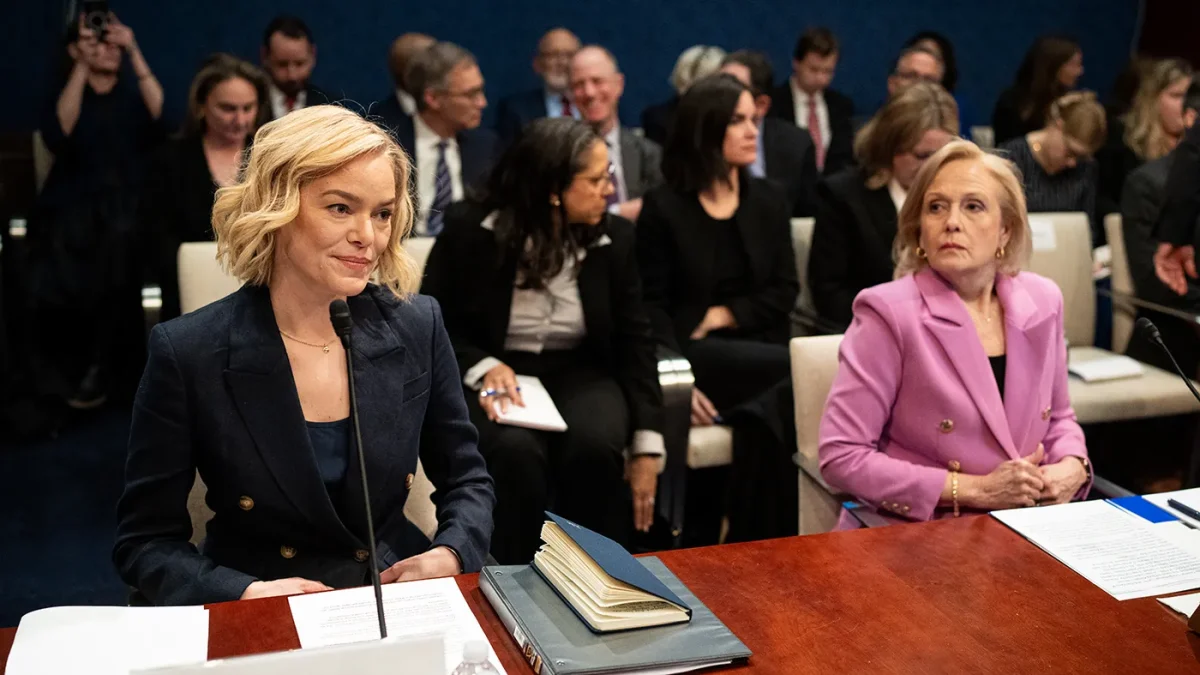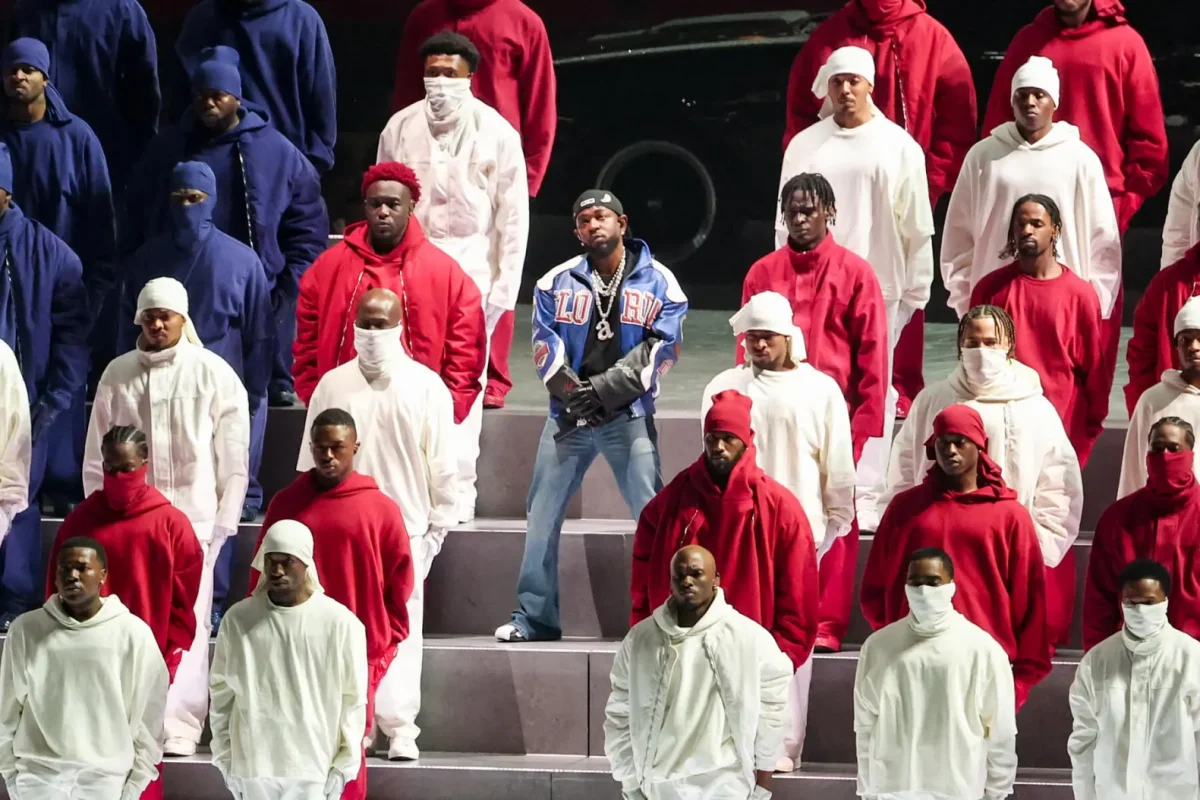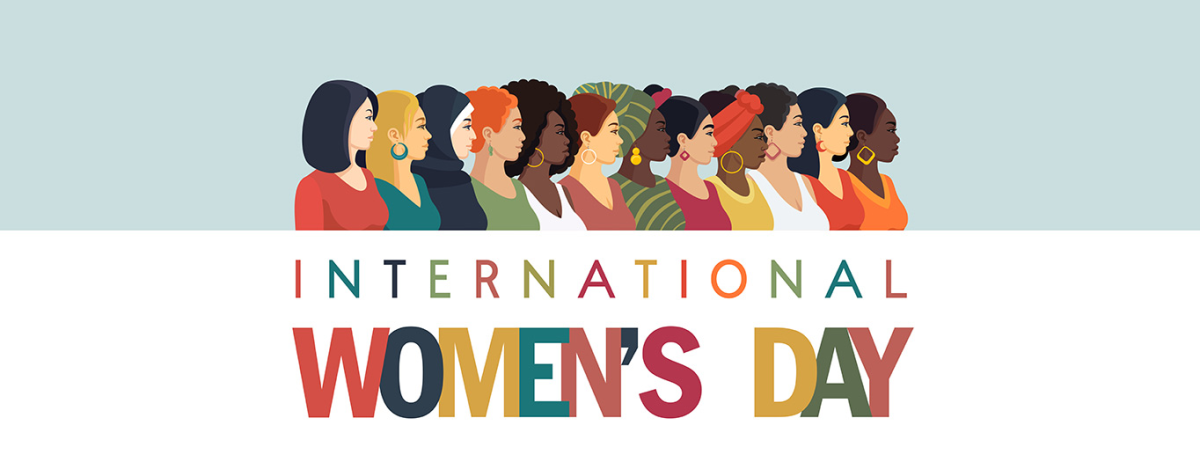TikTok is suing the U.S. government to stop enforcement of a bill passed last month that seeks to force the app’s Chinese owner to sell the app or have it banned. The lawsuit, filed Tuesday in the U.S. Circuit Court of Appeals for Washington, D.C., argues that the bill, the Protecting Americans from Foreign Adversary Controlled Applications Act, violates constitutional protections of free speech.
“For the first time in history, Congress has enacted a law that subjects a single, named speech platform to a permanent, nationwide ban,” TikTok wrote in the lawsuit, “and bars every American from participating in a unique online community with more than 1 billion people worldwide.” The company argues that invoking national security concerns is not a sufficient reason for restricting free speech, and that the burden is on the federal government to prove that this restriction is warranted. It has not met that burden, the lawsuit stated.
The issue is particularly tricky in an election year, when President Biden and lawmakers are facing potential blow back from users of the popular app. The app, which says it has 170 million monthly users in the United States, is used for everything from sharing viral dances to political commentary. It’s become knitted into people’s lives, particularly for those who make a living on the platform as content creators.
The company said in its suit that it agreed to give the government a “shutdown option” that would allow it to suspend TikTok in the United States if the company violated parts of its agreement.National security concerns about TikTok are “speculative” and fall short of what’s required to justify violating First Amendment rights, the company argued in its suit, adding that President Biden and other members of Congress’s use of the platform undermines claims that it’s a threat.
TikTok asked the court to issue a declaratory judgment saying that the law violated the Constitution and to issue an order that would stop Attorney General Merrick B. Garland from enforcing it. The next step is for the government to respond.The government is likely to defend the law by saying it is calling for a sale, not a ban. The government will probably also need to make a strong case that its national security concerns justify the limitation on speech if TikTok is banned.
Fears of a potential security threat from TikTok have escalated in the last year and a half, prompting bans of the app on federal devices and those issued by some city and state governments. Still, the app has continued to grow in popularity, shaping culture and becoming a source of news for younger Americans as well as a place where an expanding cohort of content creators make their living. TikTok has had success in challenging similar state and federal actions attempting to restrict its operations, though this law differs in its broad support from Congress and the Biden administration.Last year, Montana passed a law that would have barred TikTok from operating in the state as of Jan. 1, saying the company presented a security threat to its citizens. A group of TikTok users filed a lawsuit funded by the app, saying the law violated their First Amendment rights and outstripped the state’s legal authority. TikTok also filed a separate lawsuit within a week, arguing that the legislation violated the First Amendment.



